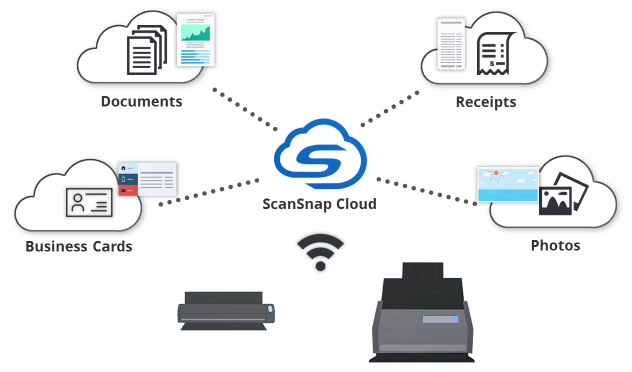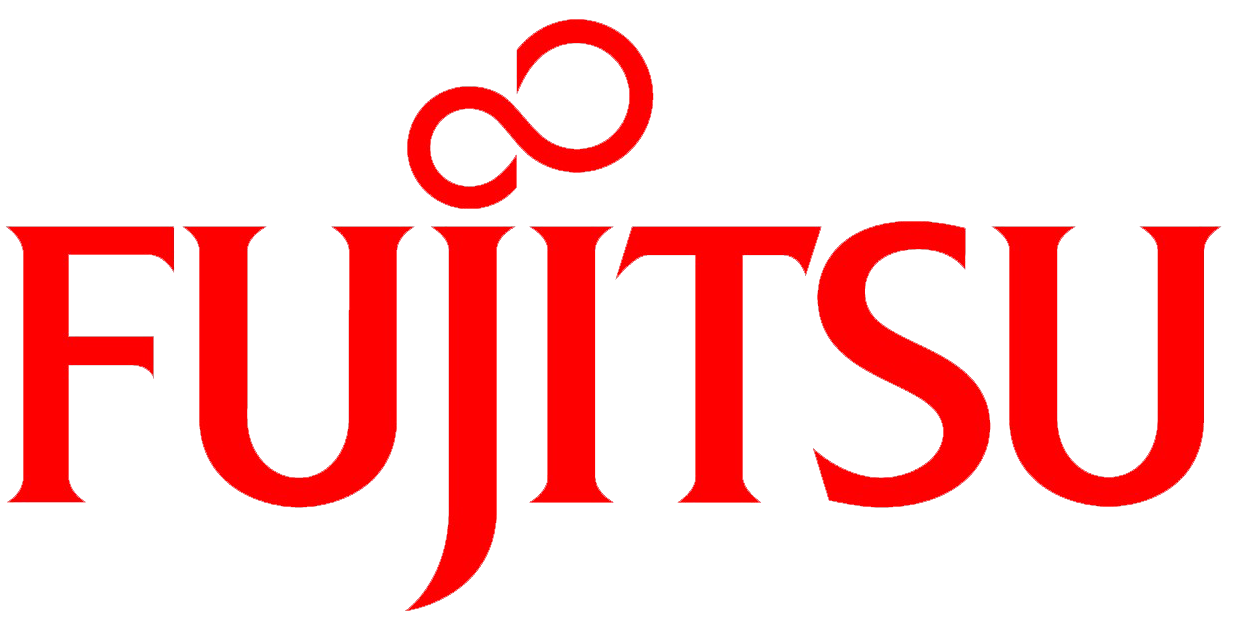Two things most office professionals want:
- A super-computer that does all their work for them, and
- A 100 percent paperless office.
While they have yet to come up with so much as a prototype of item number one, the second item is not so distant a prospect as it once was. As paperwork and process-related tasks take professionals away from their core business (innovating, driving new revenue streams, fortifying existing relationships with customers, etc.), going paperless seems not so much attractive as essential at a time in business when even the smallest edge can be the difference between success and failure.
By and large, however, paper is still king in offices around the world. Even with all the buzz around digital transformation and the cloud, companies still generate an enormous amount of paper in the form of invoices, memos, letters, and forms. This is leaving aside sales and marketing material such as event collateral, signage, and photos.
Some businesses use page scanners to digitize and archive important documents. As to storage, some go the local route, storing scanned documents on internal and external hard drives, and on network servers. Others have taken their digital game to the next level, uploading their paper scans directly to the cloud.

Among the reasons your organization should look at document scanning tools such as Fujitsu’s ScanSnap Cloud:
- Eliminate unnecessary costs — There’s a reason savvy money-generators like banks are moving aggressively to paperless statements. That reason of course is that it costs many times more to “go paper” than “go paperless.” As a basic illustration, one four-drawer file cabinet holds between 15,000 and 20,000 pages of paper, costs $25,000 to fill, and $2,000 to maintain.
- Get immediate access — This one is a no-brainer, and likely the biggest benefit of document scanning. Paper documents are great if you’re in the office — a simple matter of strolling over to a filing cabinet and thumbing through the folders until you find what you’re after. Scanned documents, however, can be available 24 hours a day if you have them on shared company drives or up in cloud storage.
- Recover more quickly from disaster — It goes without saying that maintaining a treasure trove of paper documents onsite can leave you exposed. Leaving aside theft, what happens if there’s a natural disaster or a fire? Scanning your documents — at least those that can be described as “critical” — is your assurance that, no matter what happens, you’ll be fine and will be able to make a full recovery from even the worst disaster.

Companies are always talking about digital transformation, and how they’re always looking at new ways of becoming more efficient. ScanSnap Cloud allows businesses to deliver scans to their favourite cloud service (Evernote, Drop Box, Google Drive, OneDrive, LedgerDocs, Hubdoc, QuickBooks Online, etc.) without the need of a computer or mobile device.
ScanSnap Cloud supports accurate, full-text optical character recognition (OCR), and even allows for the capture of documents from a smartphone camera.
Scans can be sorted into four document types — documents, receipts, photos, and business cards — and sent automatically to the cloud service of your choosing. Scanning to the cloud, once a tricky, many-stepped task in which any number of things could go wrong, is a breeze with ScanSnap Cloud: simply press the Scan button and, once the documents have been scanned, access your digital files — now in the cloud.
ScanSnap is best seen as a processing “station” for paper documents. Paper passes through ScanSnap Cloud on its way to your preferred cloud service(s); once each digital document lands safely in the cloud, the digital file disappears from ScanSnap Cloud. To learn more, visit the ScanSnap Cloud website.

